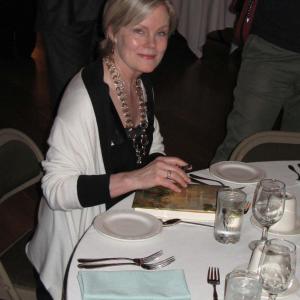
Georgia Cowart
12:00 pm
Clark Hall Room 206
11130 Bellflower Road
Watteau’s cupids, lovers, and commedia-dell’arte characters would seem the last place to look for sober Enlightenment themes, much less the signs and symptoms of what has come to be known through the work of Margaret Jacob and more recent writers as the Radical Enlightenment. Yet Cowart’s study of Watteau and the Parisian musical theater supports an interpretation leading to some of the most progressive, and at times radical, thinking of the late seventeenth and early eighteenth centuries. Around the turn of the century the Opéra and the fairground theaters were hotbeds of libertinage – not only in the sense of libertine behavior, but also of a dangerous free thought encoded in a group of opera-ballets and musical comedies that employed codes to satirize Louis XIV, king of France until 1715. The painter Watteau, who came to Paris in the late years of the Sun King, incorporated the coded messages of these works into the paintings he produced during the period immediately following this ruler’s death. In her talk, Georgia Cowart, Professor in the Department of Music, argues that by satirizing the iconography of royal propaganda, and by replacing it with the imagery of a new, more progressive era, Watteau’s late paintings, like the musical theater that inspired them, represent the performance of a new French identity associated not only with a non-noble elite, but also with the humble valets and peasants of the French musical comedy. The talk will center on three metaphorical characters Watteau borrowed from the musical stage: Venus, goddess of libertines; Pierrot, icon of the peasantry, and the Fool, symbol of abrupt and radical change.
An informal lunch will be provided.
Registration requested. Register HERE.

